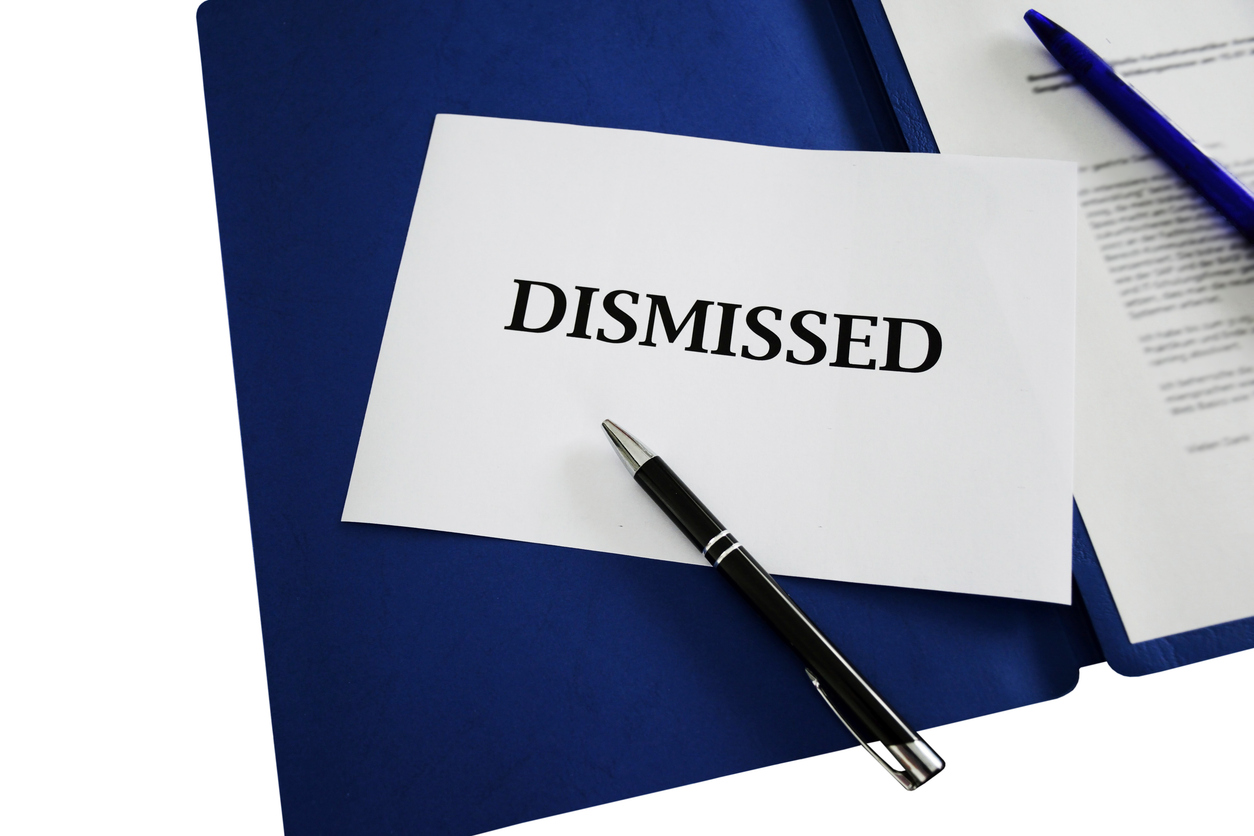Herb Albert and the Tijuana Brass produced an album, Whipped Cream and Other Delights, which has been on my mind lately. While a number of my less academic colleagues would simply be interested in the album cover and the music, my insurance coverage nerd personality drove me to research insurance coverage cases involving whipped cream or honey.
The best honey case demonstrating how insurance coverage can exist as an ensuing loss is Roberts v. State Farm Fire & Cas. Co., 146 Ariz. 284, 705 P.2d 1335 (1985). The facts of this honey case are pretty bizarre:
. . . Roberts began finding live honeybees inside their home. A few days after this discovery, Roberts noticed that a swarm of the insects had formed on their roof. Apparently the bees had made their way through the roof and were constructing a hive in Roberts’ attic. A beekeeper was consulted but due to the inaccessible location of the hive, he could not extract the queen and thereby draw off the swarm. Instead, he recommended extermination.
A few days after the bees were dispatched, Roberts noticed honey dripping into their dining room. At first, this drip confined itself to one location, but gradually it began to spread and eventually encompassed the entire room. Apparently, after the bees were exterminated, the hive began to leak.
The Roberts posed their bitter sweet dilemma to their insurer. As indicated in The Dirty Secret of Exclusions Some Major Insurance Companies Like State Farm, Allstate, Nationwide and even USAA, Do Not Want You to Think About, major insurance companies rarely advertise how often their modern “all risk” insurance policies do not pay or provide “peace of mind.” State Farm denied the Roberts’ claim.
The Court noted the crucial insurance coverage interpretation issue as follows:
State Farm contends that the damage to Roberts’ home was due to insects and clearly excluded from coverage by the terms of the policy. Roberts, on the other hand, maintain that the loss was not due to insects, but due to the absence of insects. They claim that after the bees were exterminated the hive began to melt and only then did the honey seepage begin. They therefore conclude that this was an “ensuing loss” from insects covered through the ensuing loss provision of their policy. They concede that the actual damage done by the bees themselves, i.e., the cost of tearing out hive and accompanying repairs is not covered. They dispute, however, that the damage to their dining room is not covered.
“Ensuing loss” provisions are the “Lazarus” clauses in property insurance policies, as discussed in Water Loss Denied? Ensuing Loss Provisions May Provide Coverage. Following that logic, the Court’s legal discussion is significant and provides a sweet result for policyholders:
We note that the term “ensuing loss” is nowhere defined in the policy. Both parties have agreed, however, that the word “ensuing” means “to take place afterward … to follow as a chance, likely, or necessary consequence: RESULT … to follow in chronological succession.” …Webster’s Third New International Dictionary, 756 (1969) definition of the word “ensue”). We note that this definition of “ensue” is not without precedent. See Aetna Insurance Co. v. Getchell Steel Treating Co., 395 F.2d 12, 16 (8th Cir.1968) (“to follow as a chance, likely or necessary consequence: to take place afterwards”). Both parties have also agreed on the meaning of certain other language within the policy: both agree that bees are insects and both agree that a loss occurred. With these agreements in mind, we focus on the disputed provision. In shortened form, it reads:
We insure for all risks of physical loss to the property … except for loss caused by:
….
6…. [bees]….
Any … loss [taking place afterward or following as a chance, likely, or necessary consequence] from … [bees] … not excluded is covered.We do not believe this language is ambiguous. It cannot be construed in more than one sense. The plain import of this language is that the loss, due to honey seepage, is an ensuing loss and is covered by the policy, unless one of the other various exclusions applies. Unless, for example, the honey seepage caused “marring” or “settling” or any one of the numerous other exclusions. (emphasis added)
We can all crave honey and similar legal results. How about A Taste of Honey:
https://youtube.com/watch?v=z_KDPUTyDyQ%3Frel%3D0



